- Junta expands naval presence along Arakan coast to regain lost territory
- Nearly 70 civilians and POW family members killed or injured by junta attacks in Arakan State in one month
- Junta accused of extorting money from detained Muslims in Sittwe
- Weekly Highlights from Arakan State (Jan 26 to Feb 1, 2026)
- Arakanese youth stabbed in Mae Sot urgently needs financial aid for medical treatment
Relocated Thandwe Twsp villagers face livelihood hardships
Residents of Jaithar village in Arakan State’s Thandwe Township, whose homes were forcibly relocated by the Myanmar military, are reportedly facing job scarcity and other livelihood hardships.
07 Dec 2022
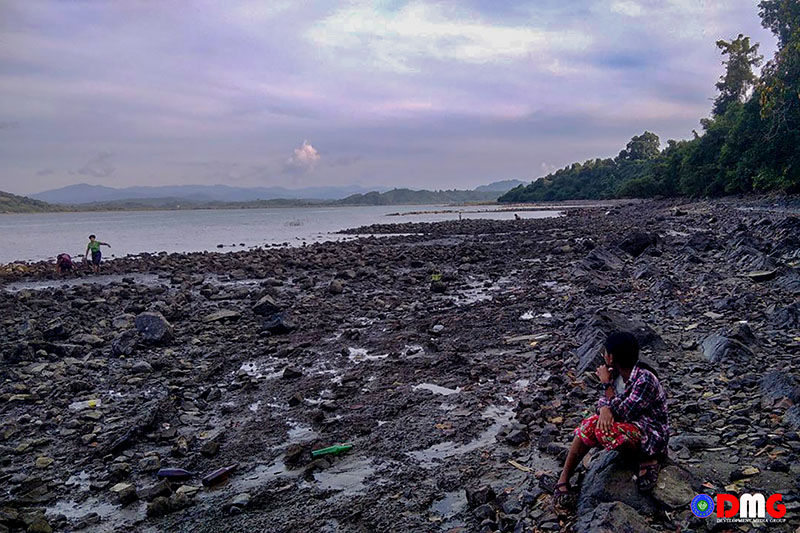
DMG Newsroom
7 December 2022, Thandwe
Residents of Jaithar village in Arakan State’s Thandwe Township, whose homes were forcibly relocated by the Myanmar military, are reportedly facing job scarcity and other livelihood hardships.
More than 300 people from over 50 households in Jaithar village were forced to relocate their homes by the military on September 28 as the houses were built on a plot of land that the Myanmar military claims ownership of.
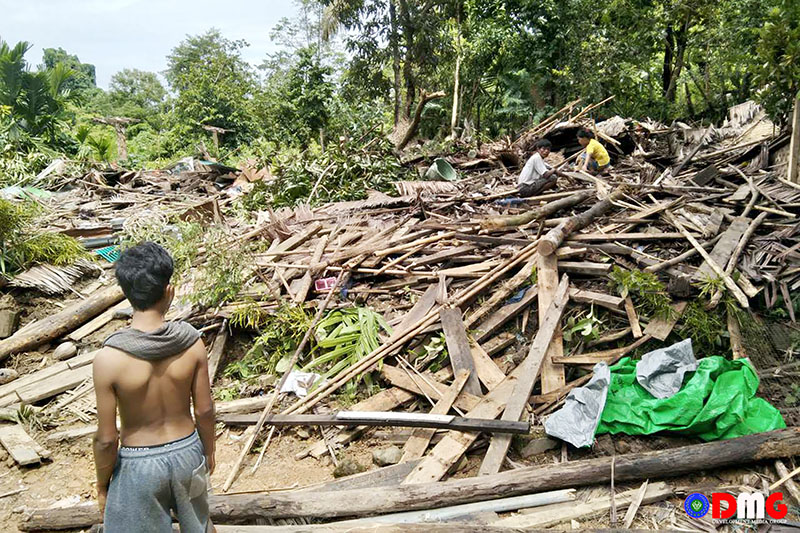
Jaithar villagers were relocated to Aseinma Hill, about five miles from the village. Around 20 households live in the new location and about 30 households moved to other villages and are staying at the homes of relatives and friends.
Jaithar village is located close to the seashore, so villagers are theoretically able to work in the fishing industry and earn extra income catching crabs and mussels.
But a woman from Jaitha village who did not accept the land offered by the military, said the new location is not convenient for local residents to work, and is too far for the health and education sectors.
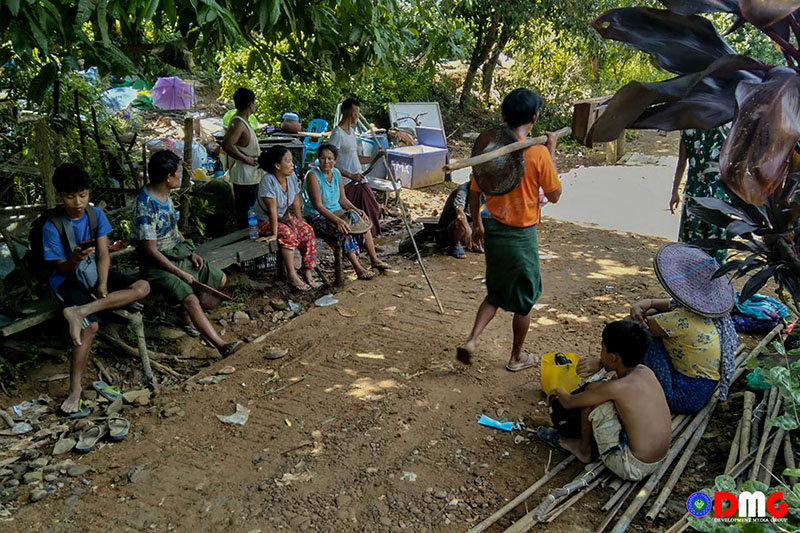
“The new site for Jaithar Village residents is not convenient for us. I have to pay K6,000 to go to work from there by motorcycle taxi. My salary is about K1,500,000. I have to spend K6,000 a day as a motorcycle taxi fee,” explained the woman, who asked for anonymity.
Some residents of Jaithar Village who did not accept the military’s alternative land option are currently staying at their relatives’ homes in Maungshwelay, Kyoekyar and Thabyuchaing villages. Others live in rented rooms and are struggling to make ends meet due to the lack of job opportunities, said a former member of the village administration.
“Some residents of Jaithar Village stay at their relatives’ homes because they have no land to build their own homes,” he said.
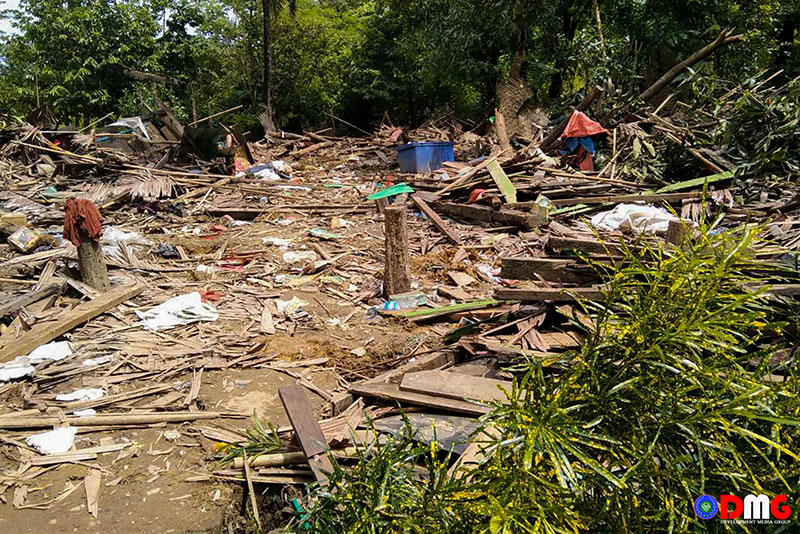
Jaithar village is said to have been established in 1976. By 1996, the village area was designated as a land plot owned by the Myanmar Navy, and residents of the village had to pay an annual tax of K500 per house.
“After many years of people living and working in their own homes and gardens, they were removed like this,” said a woman from Jaithar Village.






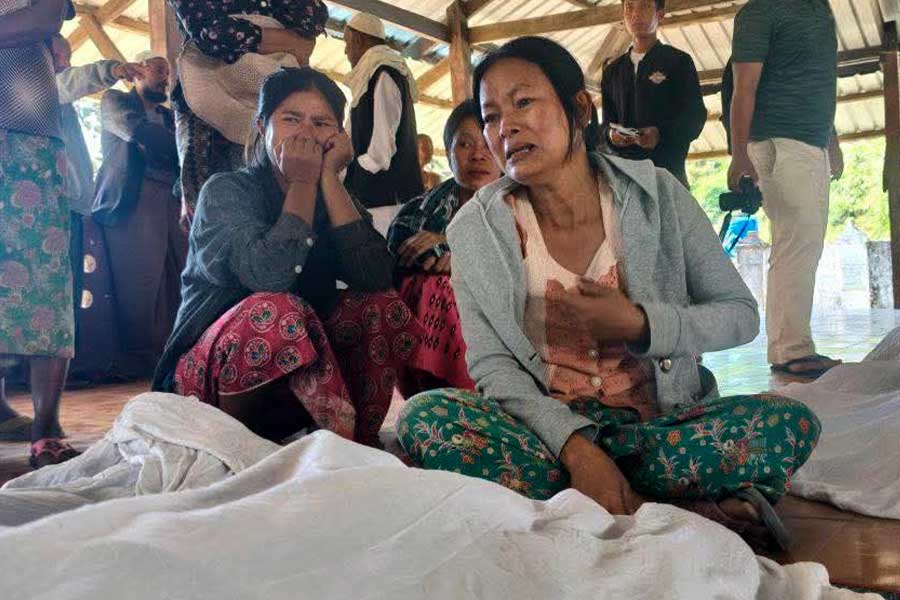
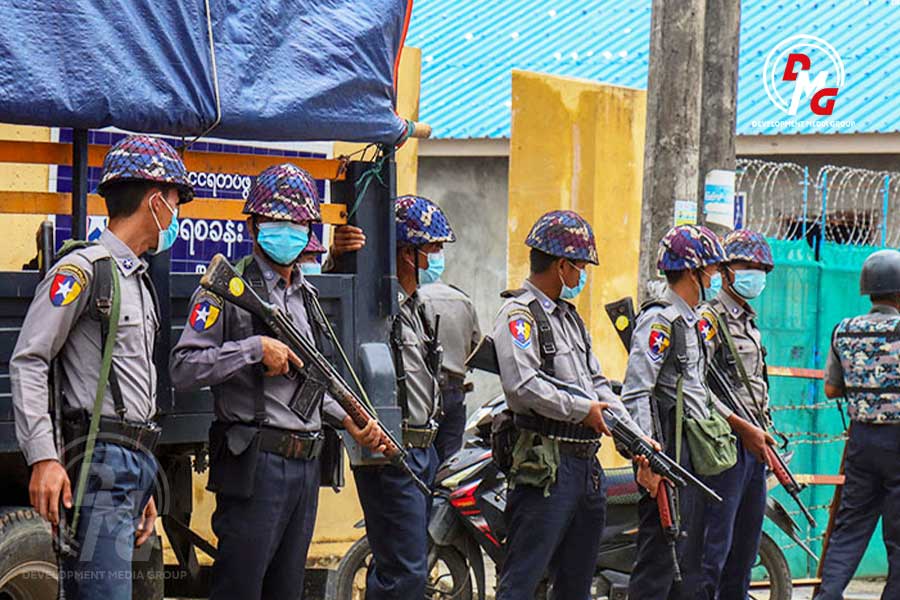







.jpg)

